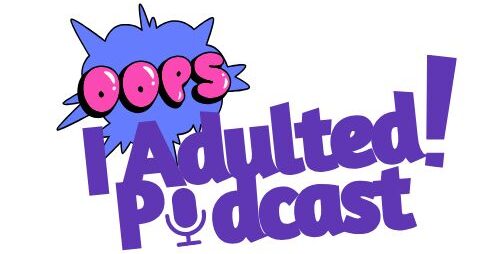Episode Overview
In this episode, we explore democracy as the ultimate adult responsibility – a never-ending group project where participation varies wildly but everyone is affected by the final grade.
Episode Highlights:
Segment 1: “The Participation Paradox” (4 minutes)
- Despite easier voting access, voter turnout has declined in 22 out of 28 established democracies over the past thirty years (IDEA, 2023)
- U.S. presidential elections average 60% turnout, with midterms at just 42% (U.S. Election Assistance Commission, 2021)
- Significant participation gaps exist:
- Voters under 30 participate 15-30 percentage points less than retirees (CSES, 2022)
- Non-college graduates vote 20-35 percentage points less than degree holders
- Discussion of “unequal democracy” (Bartels, 2016), where policy outcomes favor those who participate
Segment 2: “Democracy Around the World: The Good, The Bad, and The Scandinavian” (4 minutes)
- Countries with proportional representation (Denmark, Germany, New Zealand) average 76% turnout vs. 62% in winner-take-all systems (Singh, 2011)
- Compulsory voting in Australia and Belgium achieves 87% turnout (IDEA, 2023)
- Scandinavian democracies succeed through clear political parties, high social trust, and robust civic education (Campbell, 2019)
- Introduction to “stealth democracy” concept (Hibbing & Theiss-Morse, 2002) – systems that work well without requiring constant citizen attention
Segment 3: “Beyond Voting: Democracy for People Who Hate Politics” (4 minutes)
- Citizens’ assemblies as alternative participation methods (example: Ireland’s abortion debate resolution, Farrell et al., 2019)
- Participatory budgeting, now used in over 7,000 places worldwide, originated in Brazil (Touchton & Wampler, 2014)
- Estonia’s digital democracy experiment – bringing government services online
- Discussion of how technology alone doesn’t solve participation gaps (Vassil & Solvak, 2016)
Segment 4: “Adulting Through the Information Apocalypse” (2 minutes)
- Less than 20% of adults under 35 regularly consume traditional news (Reuters Institute, 2023)
- Finland’s approach to media literacy beginning in elementary school (Murru et al., 2022)
- Role of political comedy in helping people process complex political ideas (Boukes et al., 2015)
- Comedy creating “citizens through laughter” (Jones, 2010)
Closing Adult-ism (1 minute)
- Reminder that perfect democracy has never existed – real democracy is about monitoring and participating when it matters to you (Schudson, 1998)
- Homework: Find ONE political issue you care about and spend 30 minutes learning who’s in charge
References
- Bartels (2016) “Unequal Democracy”
- Boukes et al. (2015) on political humor
- Campbell (2019) on civic education
- CSES (2022) voting data
- Farrell et al. (2019) on Irish Citizens’ Assembly
- Hibbing & Theiss-Morse (2002) “Stealth Democracy”
- IDEA (2023) democracy indices
- Jones (2010) “Entertaining Politics”
- Murru et al. (2022) on media literacy
- Reuters Institute (2023) Digital News Report
- Schudson (1998) “The Good Citizen”
- Singh (2011) on voting systems
- Touchton & Wampler (2014) on participatory budgeting
- U.S. Election Assistance Commission (2021)
- Vassil & Solvak (2016) on e-voting in Estonia
Tagged politics
